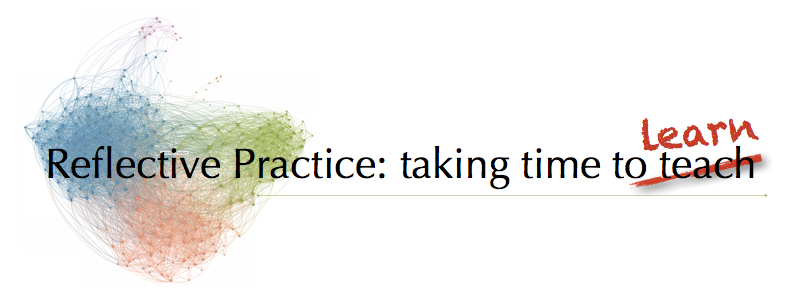“...inquiry is a collaborative process of connecting to and reaching beyond current understandings to explore tensions significant to learners.” ~Kathy Short
One of the first books I read about inquiry was Learning Together Through Inquiry. It was in a sense the book that propelled me to look more critically at what I was doing as an educator, which ultimately led me to the IB and teaching in an international school. So when I recently read, Taking the PYP Forward I was excited to see that it was Kathy Short who had written the first chapter ~ quite fitting, I believe.
Inquiry as a stance on curriculum outlines the key features of the inquiry model developed by Short and Harste in 2002, addressing some of the common misconceptions about this ‘authoring cycle’ and clarifying what this model might look like in practice. Revisiting these ideas that are at the heart of inquiry practice has been a great reflective prompt for my own practice.
It is natural (I would argue essential) that our practices change over time. As a PYP teacher, reflecting on teaching and learning is an integral part of the planning process, seeking to find ways to better facilitate student learning. As we attempt new approaches or concentrating on improving a particular aspect of our teaching, we often let go of practices that have become routine. But just because something has become routine doesn't necessarily mean it is an ineffective practice.
While reading Inquiry as a stance I found myself thinking, 'Oh, yeah - I used to do that' and wondering why I stopped. The best part about becoming more aware of what I am actually doing, or not doing, is that I can make small changes very quickly. I have found when I purposefully make such changes I am much more focused on the result or impact of the change and thus in a better position to reflect on my own practice.
Reading this article reminded me of the importance of allowing time for learners to build on their conceptual understanding ~ not rushing to 'unpack a central idea' or make connections to the 'transdisciplinary theme'. While tuning in to our most recent unit of inquiry, I made sure we had opportunities to explore the concepts before making any connections to the theme, and all of this well before sharing the central idea. The students were so engaged and the connections they made to the unit once introduced were so strong, that the invitation to inquiry was a natural next step.
Student created movie trailer exploring understanding of concept causation. Click here to see others.
Reflection is an essential practice for effective teaching and learning and we must make time for it. Unfortunately, this critical practice is often forgotten, or left until the end of a unit ~ a way to 'wrap-up' a planner. On-going reflection, focused and purposeful is a habit I must develop. I want my next 'Oh, yeah' moment to be 'Ah - that's why I do this!'

No comments:
Post a Comment